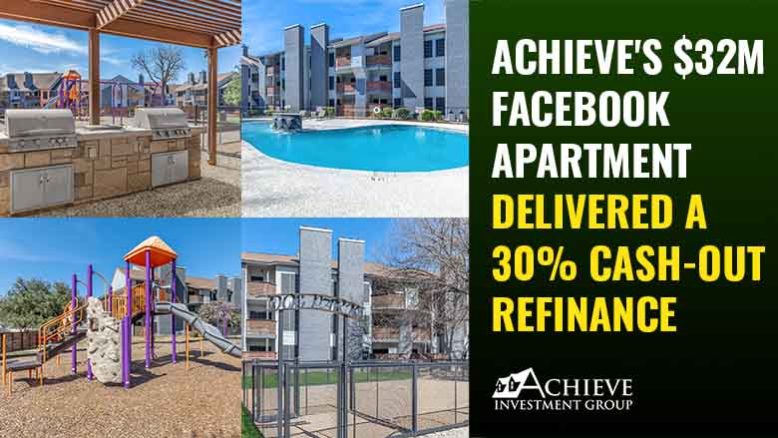The multifamily investing industry has experienced significant growth over the past few years, and 2023 is expected to be no different. However, several factors may affect the industry’s growth, such as interest rate hikes, bank failures, and lower returns. Despite these challenges, there are still many opportunities for investors to capitalize on in the coming year. Here are the top 12 multifamily investing predictions for 2023. Continued Growth in Demand for Multifamily properties The demand for multifamily properties is expected to continue to grow in 2023, fueled by factors such as demographic shifts, urbanization, and a preference for rental properties among millennials and baby boomers. 2. Interest rate hikes will impact investment decisions Interest rate hikes are expected to continue in 2023, which will impact the cost of borrowing for investors. However, even with higher interest rates, multifamily properties are still expected to provide attractive returns compared to other asset classes. 3. Bank failures may create opportunities for investors The banking industry is facing several challenges, including rising interest rates and increased regulatory scrutiny. This may lead to bank failures, which could create opportunities for investors to acquire distressed multifamily properties at a discount. 4. Increased competition for prime properties As demand for multifamily properties continues to grow, there will be increased competition for prime properties in desirable locations. Investors may need to be more creative in their search for investment opportunities. 5. Focus on value-add properties With increased competition for prime properties, investors may shift their focus to value-add properties that require renovations or improvements to increase their value. 6. Greater emphasis on technology and automation Technology and automation are becoming increasingly important in the multifamily industry, with investors using data analytics to identify investment opportunities and automate property management tasks. 7. Greater focus on sustainability and energy efficiency Sustainability and energy efficiency are becoming more important in the multifamily industry, with investors and tenants alike looking for properties that are environmentally friendly and energy-efficient. 8. Lower returns than in previous years While multifamily properties are still expected to provide attractive returns compared to other asset classes, returns may be lower in 2023 than in previous years due to increased competition and rising interest rates. 9. Increased regulatory scrutiny The multifamily industry is facing increased regulatory scrutiny, particularly in areas such as tenant rights and rent control. Investors will need to stay up-to-date on regulatory changes to ensure compliance. 10. Opportunities for savvy investors Despite the challenges facing the multifamily industry, there are still many opportunities for savvy investors to capitalize on in 2023. By staying informed and being creative in their approach, investors can find the best deals and achieve attractive returns. 11. The Potential Impact of BRICS Countries Creating a New Payment System on the U.S. Economy The BRICS countries (Brazil, Russia, India, China, and South Africa) have been discussing the creation of a new payment system that would reduce their dependence on the U.S. dollar. If this system were to come to fruition, it could have a significant impact on the U.S. economy as the U.S. dollar is currently the world’s primary reserve currency. A reduction in the use of the U.S. dollar could result in a decreased demand for the currency, leading to a devaluation of the dollar. The devaluation of the U.S. dollar could result in inflation and a rise in the cost of imported goods, which could negatively affect the U.S. economy. Additionally, a weaker dollar could make U.S. real estate a less desirable investment to foreign buyers, which could lead to a slowdown in the U.S. real estate market. However, it is important to note that the impact of the creation of a new payment system by BRICS countries is uncertain, and it is unclear whether it will actually come to fruition. 12. The importance of Building Digital Credibility Online reviews, such as Google reviews, can be crucial for investors as they can influence potential tenants or customers’ decisions on whether to choose one property or business over another. A high volume of positive reviews can also reflect the quality of the operator’s management and, in turn, attract potential investors. Investors may also use online reviews as a tool to gauge the overall satisfaction of tenants or customers in each of their properties. By regularly monitoring and responding to online reviews, operators can address any concerns or grievances promptly, improving the overall reputation of the property. Conclusion The multifamily industry is expected to continue to grow in 2023, but investors will face several challenges, including interest rate hikes, increased competition, and regulatory scrutiny. However, by staying informed and being creative in their approach, investors can still find opportunities to achieve attractive returns in the coming year.









